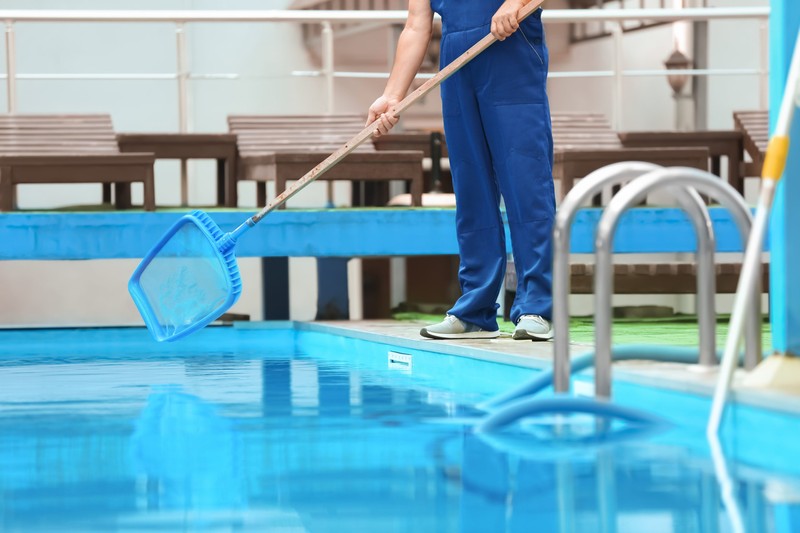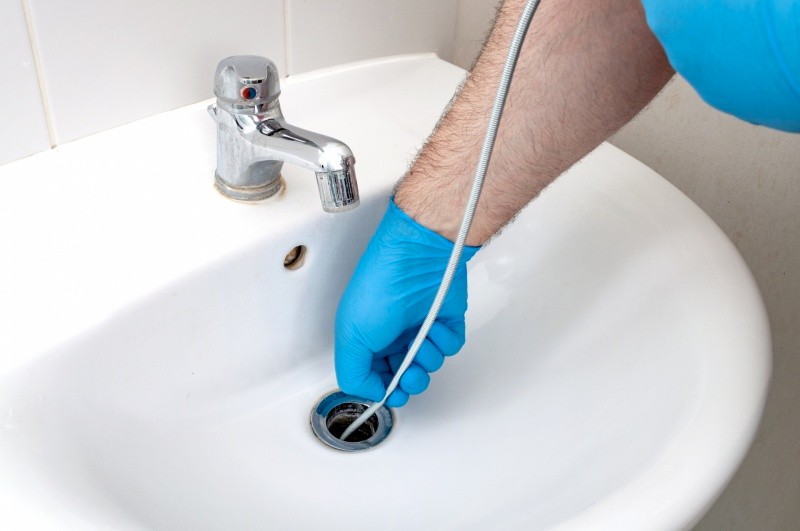A backyard pool generally symbolizes happy family and friend times. Pool care is often neglected amid fun and splashing. Cleaning your pool regularly is the greatest approach to protect your family’s health and appearance. Explain the relation between pool cleaning and the health of your family.
Controlling Microbes
Water supports bacteria, algae, and fungus. Without treatment, these germs might grow and cause illness. Skimming, brushing, and filtration remove pool garbage and pollutants to prevent bacteria development. Swimming is safe because chlorine and pH levels hinder germ development.
Reducing Allergies
For pollen, dust, and pet dander allergy sufferers, dirty pool water may increase symptoms. Allergy sufferers may enjoy the pool without worry due to regular cleaning. Water circulation and filtration keep pools clean by preventing airborne allergies keeping your family healthy.
Improving Respiratory Health
When chlorine reacts with organic molecules, unmaintained pools release VOCs and chloramines. These may harm lungs and aggravate asthma and coughing. These hazardous chemicals are reduced by cleaning and ventilation. By cleaning your pool it promotes lung health and air quality. Adding the right chemical decreases chlorine-related respiratory issues, so swimmers may enjoy the pool.
Protection of Skin and Eyes
Cleaning requires chlorine, but too much or an imbalance in chemicals may harm skin and eyes. Pool maintenance includes monitoring pH and chlorine levels for skin dryness, rashes, and eye irritation. Regular cleaning removes oil and perspiration, which may react with chlorine to cause irritation. Clean water and chemical balance make pool water more comfortable for skin and eyes. So everyone may swim securely and pleasantly.
Accidental Injury Protection
Pool cleanliness is crucial for safety and water quality. Pool surfaces may slide and injure people when dirt and algae build up. Regular brushing and wiping removes slippery substances and prevents algae growth, reducing errors. Pool equipment like pumps and filters should perform properly to reduce the risk of user injury.
Maintaining Structural Integrity
Now according to All Weather Pool Service, neglecting pool upkeep may cause health issues and structural damage. Dirt and chemical imbalances may destroy pool surfaces, equipment, and structures. Regular cleaning and water chemistry management prolong pool life by preventing corrosion, erosion, and degeneration. Regular pool maintenance protects families’ health and infrastructure.
Fostering Mental Well-being
Cleaning and maintaining a pool enhances mental and physical health. Poolside relaxation, stress relief, and family bonding are provided. A dirty pool may disrupt this enjoyment, causing discomfort. The family may relax in the pool with regular maintenance. Clear water and gentle waves may improve life quality. Remember that a clean pool is a healthy pool.
Promoting Eco-Friendliness
The pool service professionals agree that pool upkeep should be eco-friendly for health and the environment. Chemical discharge from poorly maintained pools may harm adjacent streams and ecosystems. Pool owners may promote sustainability by using eco-friendly cleaning products, avoiding chemicals, and using efficient filtration systems. Clean pools assist families and the environment, balancing nature.
Positive Example
As house stewards, parents teach children cleanliness and hygiene. Pool cleaning teaches kids excellent morals early on. Pool upkeep teaches kids responsibility and promotes lifelong health and well-being. Parental pool maintenance teaches life lessons.
Conclusion
Pool cleanliness isn’t only for appearances; it’s essential to family health and safety. Pool upkeep is crucial for maintaining clean, healthy water for enjoyment. Germs are prevented and accidents are avoided. Pool owners may provide a safe area for their family to swim, relax, and develop by prioritizing safety, cleanliness, and water chemistry. A gleaming pool isn’t simply pretty, it shows you care about family wellness.





